During the pandemic, the governments had to limit a series of civil rights, such as the freedom of movement and assembly, so as to ensure other important rights, like the rights to life and health.
Pandemic and human rights
 During the pandemic, the governments had to limit a series of civil rights, such as the freedom of movement and assembly, so as to ensure other important rights, like the rights to life and health. “How justified is the limitation of some of the rights for the sake of other rights?”
During the pandemic, the governments had to limit a series of civil rights, such as the freedom of movement and assembly, so as to ensure other important rights, like the rights to life and health. “How justified is the limitation of some of the rights for the sake of other rights?”
The special invitee of the tenth episode of the podcast was Ian Feldman, the head of the Nondiscrimination Council.
The anti-epidemic restrictions meant the limitation of the civil and political rights, such as the freedom of movement and assembly, for example. These are the most evident limitations witnessed everywhere in the world. Ian Feldman said the institution he represents received a number of complaints from people by which these challenged the obligation of wearing masks or banning of particular meetings. “Here, the Council’s position was clear: the human rights can be limited if this limitation is proportional, pursues a legitimate goal and is necessary in a democratic society and is aimed at ensuring safety,” explained Ian Feldman. The Council considers the obligation to wear masks for being allowed to enter a supermarket, for example, is a proportional restriction.
In other words, the limitation of human rights is acceptable if it meets particular conditions. Most of the rights are not absolute. They can be limited when particular interests of society, such as public health or the rights of others, require this. In the case of the pandemic, the rights of thousands and millions of people to move freely are limited so as to protect the right to life of tens of thousands. The question is if these restrictions are reasonable, justified and necessary in the given situation. Science helps us to determine this. If there is sufficient evidence showing that a measure that limits particular rights indeed helps us save lives, these are not violations.
However, it seems that the Moldova authorities didn’t really take the human rights into account. Ian Feldman said neither the Nondiscrimination Council, nor the Ombudsperson’s Office – the other national human rights institution – was included in the composition of the two commissions that adopted restrictions and was consulted about these. But the Commission for Exceptional Situations included the director of Moldsilva or the president of Moldovagaz and this is a paradox.
The pandemic showed how important the economic and social rights are. “We should ultimately understand that the public health system is called so because it should be public, equally accessible to everyone,” state Ian Feldman. Despite its poverty, Moldova at a certain moment during the pandemic had more artificial respiratory systems per capita than Italy or the New York metropolitan area. “In general, the fact that the public health system in the rich countries wasn’t ready for a massive crisis is outrageous. This matter should be rethought and raised to the standard of general medical assistance. The public health system must be public,” concluded Ian Feldman.

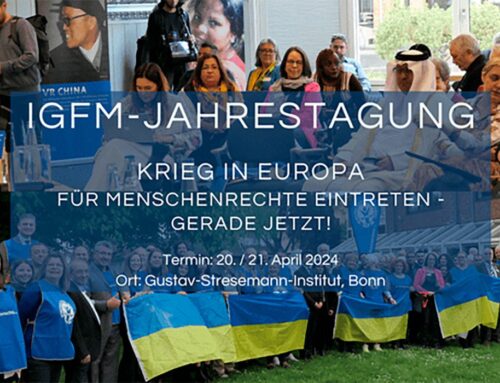
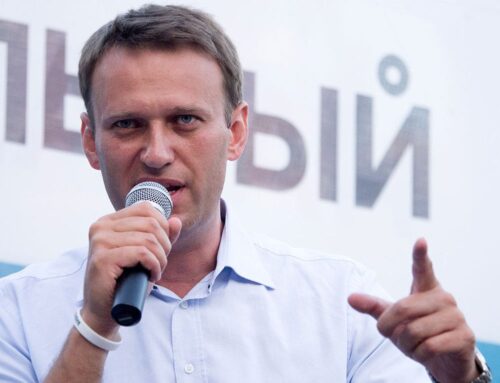
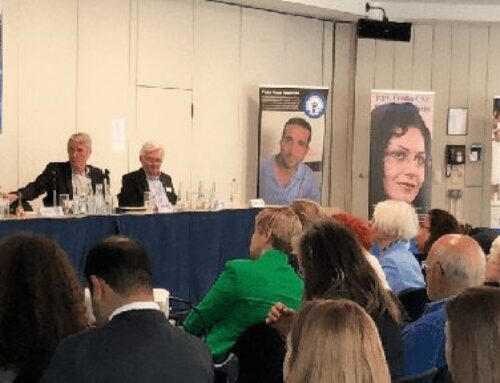
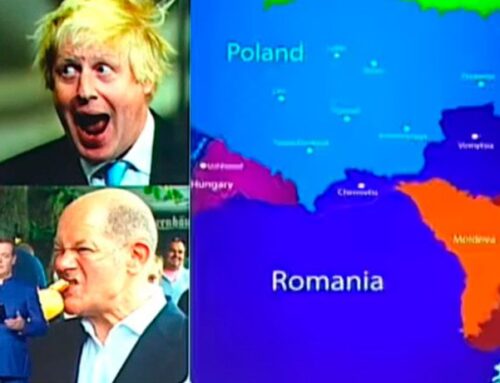
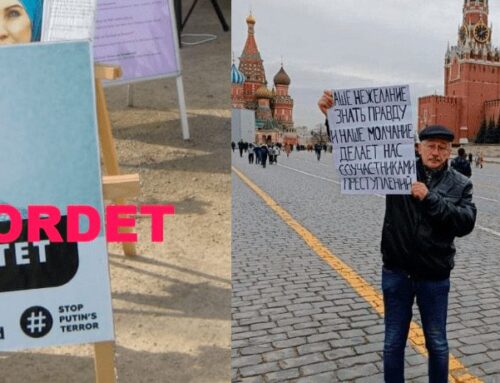

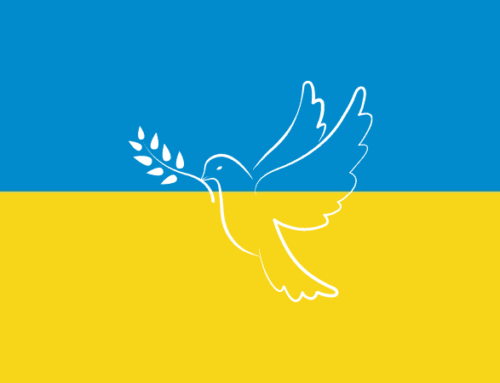
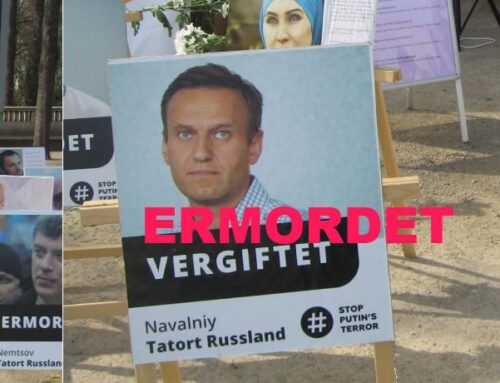
Leave A Comment